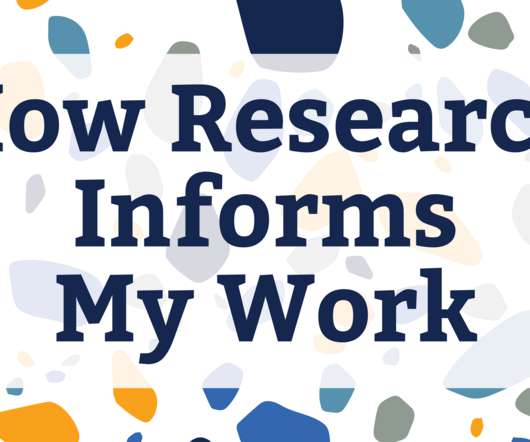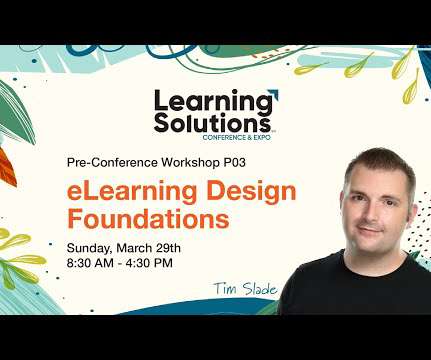Designing eLearning for Cognitive Ease
Integrated Learnings
DECEMBER 12, 2012
I recently started reading Thinking, Fast and Slow by Daniel Kahneman, and the chapter on cognitive ease offered all sorts of implications for eLearning design. This, combined with additional discussion in the book, suggests that a bad mood creates cognitive strain, and a good mood promotes cognitive ease. By Shelley A.
















































Let's personalize your content